10 Ways to Protect You and Your Loved Ones
-
Keep hands clean
- Wet hands with water
- Apply enough soap to cover all hand surfaces and rub together for at least 20 seconds.
- Rinse hands with water.
- Thoroughly dry hands with disposable towels/paper.
-
Understand your care(or your loved ones' care)
- Ask your healthcare provider to explain the condition or procedure carefully, as well as any possible complications.
- Ask your healthcare provider what specific steps he/she takes to prevent infections as well as what you can do to prevent infections before, during, and after your visit as it applies to your care.
-
Protect your skin
Skin is your body’s first line of defense against infection. If you have wounds or cuts, make sure the bandages are changed regularly, and follow your healthcare provider's instructions on proper care of the wound.
-
If you have a drain or catheter(a tube that can be inserted into a body cavity, duct, or vessel)
- Ask your doctor or other healthcare provider to explain why you need the catheter or drain and what you should do to avoid infection.
- Follow instructions for the care of the catheter or drain to keep it working as it should and to keep it clean and free of germs.
- Check the catheter or drain often. If the bandage becomes wet or dirty, or the catheter or drain falls out, tell your healthcare provider.
- Work with your healthcare provider to make sure that the catheter or drain is removed as soon as it is no longer medically needed.
-
Do not share personal items
Avoid sharing personal items such as towels, washcloths, razors, clothing, blood glucose monitors, etc. with others because people may not always show symptoms if they are carrying infectious germs.
-
Sneeze and cough the proper way
- Cover your mouth and nose when you cough or sneeze and encourage others to do the same.
- When you sneeze or cough, the germs can travel 3 feet or more!
- Use a tissue and perform hand hygiene every time after coughing or sneezing.
- No tissue? Cover your mouth and nose with the bend of your elbow. If you use your hands, clean them right away.
-
Avoid touching your eyes, nose, and mouth as much as possible
Germs spread that way.
-
If you are sick, avoid close contact with others
- To protect others, stay home. Generally, people should stay home from work or school until at least 24 hours after they no longer have a fever (without the use of fever-reducing medicines such as acetaminophen).
- Don't shake hands or touch others. Increase the number of times you perform hand hygiene.
- When you visit a healthcare provider, call ahead and let them know you are ill. Healthcare providers might ask you to take extra precautions (such as wearing a mask) before entering the facility and while you are in the waiting room to further protect yourself and others.
-
Stay current on your vaccinations
- Take prevententive actions to avoid disease and prevent the spread of infectious diseases.
- Know which shots are taken every year (like the flu shot) and which provide long-term immunity.
- Choose a healthcare facility that is licensed and accredited by national healthcare organizations
AD-100097-01-US_C

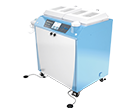
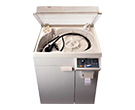

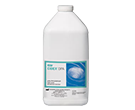
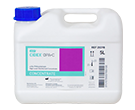
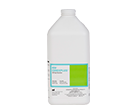
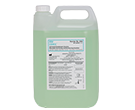
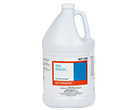
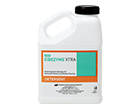
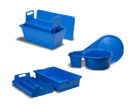
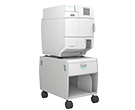
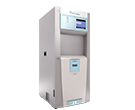
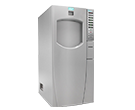
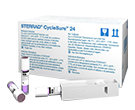
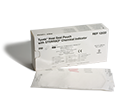
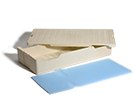
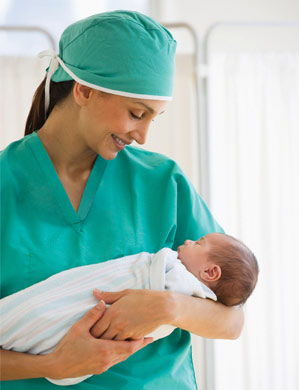


 About Asp
About Asp

